Echo
Through divorce, adoption and second marriages, none of the children in the Van Wijk family have the same biological parents.
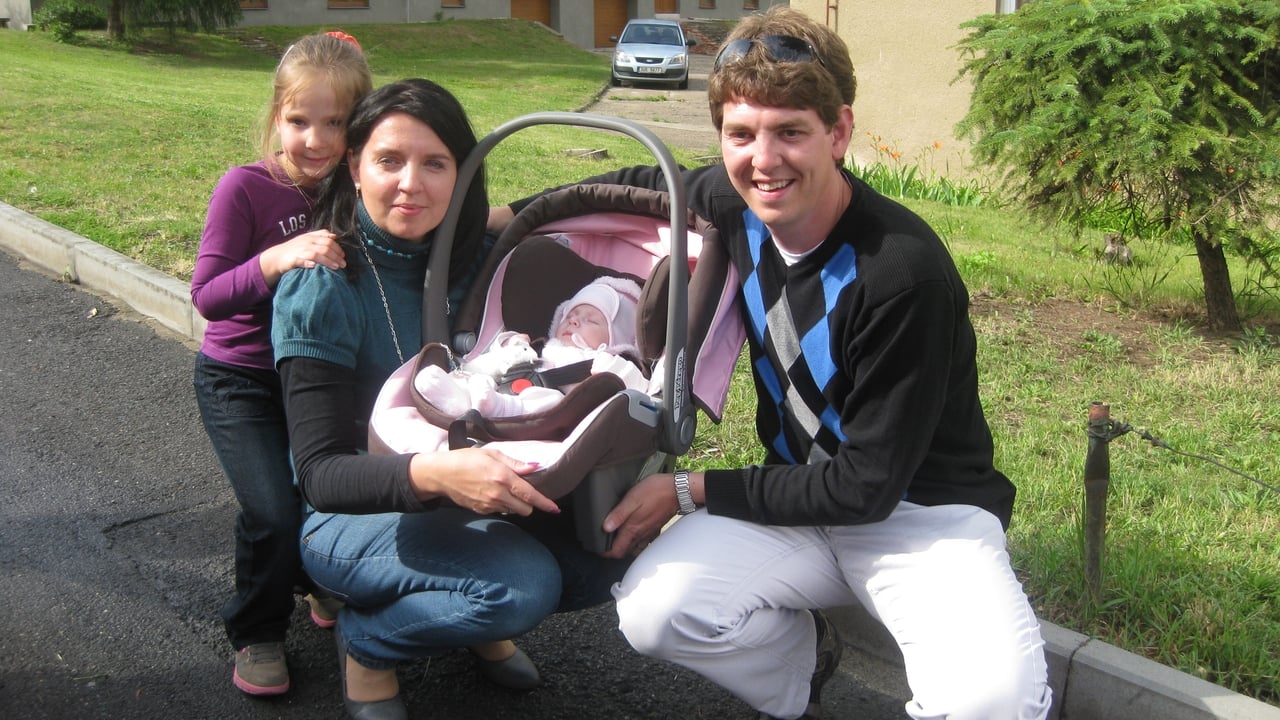
Through divorce, adoption and second marriages, none of the children in the Van Wijk family have the same biological parents.
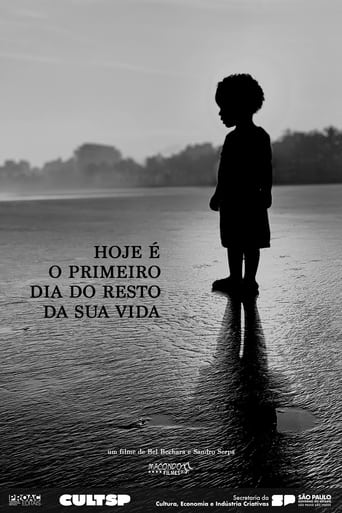
09 Apr 2024

During the pandemic, living under an extreme right-wing government, filmmakers Bel Bechara and Sandro Serpa receive the news that would change their lives: there was a baby to be adopted.
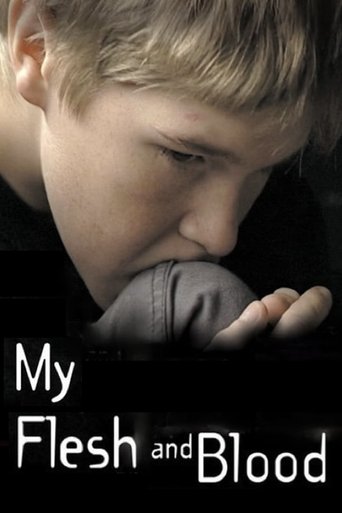
25 Apr 2003

My Flesh and Blood is a 2003 documentary film by Jonathan Karsh chronicling a year in the life of the Tom family. The Tom family is notable as the mother, Susan, adopted eleven children, most of whom had serious disabilities or diseases. The film itself is notable for handling the sensitive subject matter in an unsentimental way that is more uplifting than one might expect.

29 Jun 2018

New York, 1980. Three complete strangers accidentally discover that they're identical triplets, separated at birth. The 19-year-olds' joyous reunion catapults them to international fame, but also unlocks an extraordinary and disturbing secret that goes beyond their own lives – and could transform our understanding of human nature forever.
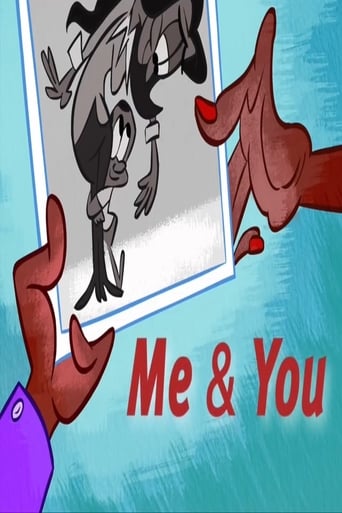
04 Jul 2014

Jackie Miller adopted her son, Scott, in the early 1970s. In 2008, Scott brought his mom to StoryCorps to ask her about that decision.
31 Aug 2010
From 2000 to 2008, China was the leading country for U.S. international adoptions. There are now approximately 70,000 Chinese adoptees being raised in the United States. Ninety-five percent of them are girls. Each year, these girls face new questions regarding their adopted lives and surroundings. This is a film about Chinese adopted girls, their American adoptive families and the paradoxical losses and gains inherent in international adoption. The characters and events in this story will challenge our traditional notions of family, culture and race.

01 Sep 2021

Following in the footsteps of two women in search of their origins, this documentary lifts the veil on a little-known page of the post-war era: the adoption, as part of a cross-border program, of thousands of children born during the French occupation of Germany.
01 Jan 2002
No overview found

17 Jul 2015

Adopted from South Korea, raised on different continents & connected through social media, Samantha & Anaïs believe that they are twin sisters separated at birth.
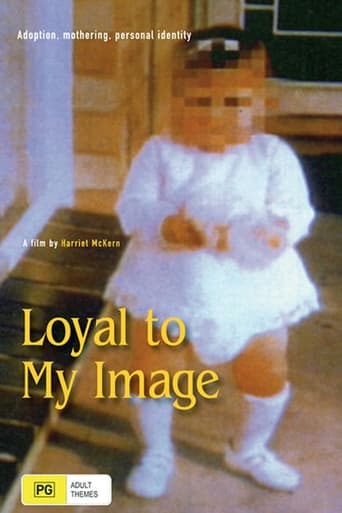
10 Apr 1992

Through one woman's experience as an adopted person and also as a mother who relinquished her child in 1971, this documentary highlights the many complex issues associated with adoption.
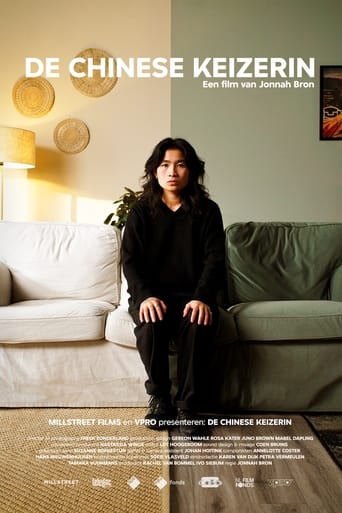
23 Sep 2024

Despite the warm images in the family archive, photographer and filmmaker Jonnah misses an intimate bond with her (adoptive) parents. Over the years, a wall has been built between them that Jonnah is now trying to break down with her parents.
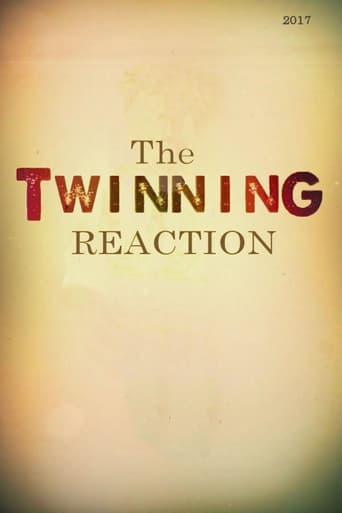
01 Jan 2017

An astounding exposé that gives voice to the unwitting subjects of an infamous American scientific experiment: the 1960s Neubauer-Bernard study of separated twins. Told from the perspective of the Jewish identical twins and triplets who were secretly split up in infancy and adopted through Louise Wise Services, a Jewish adoption agency, the documentary examines the traumatic, long-term effects of the separations — and continuing deception — on the children and their adoptive families.
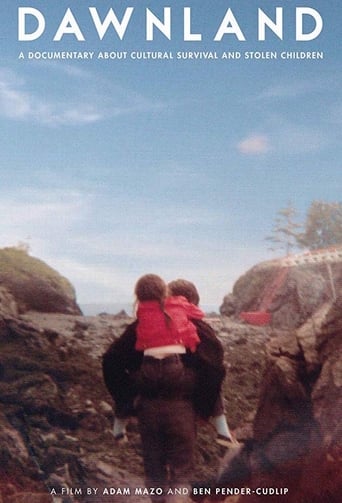
14 Jun 2018

They were forced to assimilate into white society: children ripped away from their families, depriving them of their culture and erasing their identities. Can reconciliation help heal the scars from childhoods lost? "Dawnland" is the untold story of Indigenous child removal in the US through the nation's first-ever government-endorsed truth and reconciliation commission, which investigated the devastating impact of Maine’s child welfare practices on the Wabanaki people.
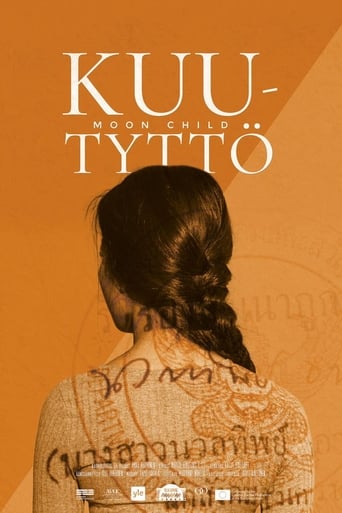
12 Oct 2018

A movie about two women who are mothers to the same child, and a child who belongs to two different worlds.
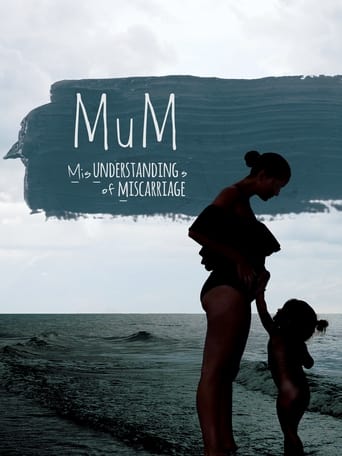
01 Oct 2020

At age 31, after experiencing her second miscarriage, Tahyna MacManus was devastated, lost, angry and, despite those around her, felt terribly alone. She picked up a camera and started to record her story and in doing so found her tribe. Resilient, courageous women speaking of their sadness, their shame and their guilt while still holding onto hope. Tahyna discovers that 1 in 4 Australian women experience miscarriage so why aren’t we talking about it? In this highly intimate journey, Tahyna is on a mission to lift the lid on all that shame, provide some answers and make sure that women no longer walk this path alone. But first, she has to face her own fears.
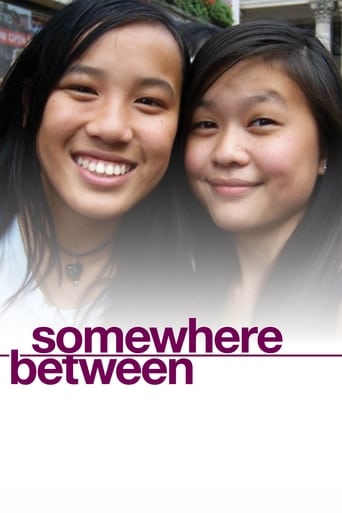
24 Aug 2012

Questions of race, identity and heritage are explored through the lives of young American women growing up as adoptees from China. These four distinct individuals reflect on their experiences as members of transracial families.
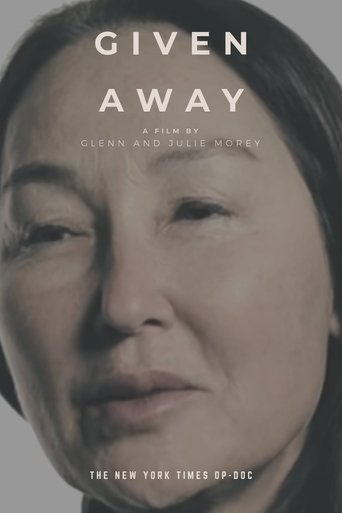
23 Jul 2019

What does it mean to adopted and brought up far away from your country of birth? In “Given Away,” this week’s moving new Op-Doc by directors Glenn and Julie Morey, Korean adoptees who grew up in Western countries reflect on the complicated emotional terrain that they’ve navigated in their lives. Glenn Morey was himself adopted from Korea in the wake of the Korean war, and the directors have channeled that connection to create a beautifully nuanced and emotional film. As the Moreys write of Glenn’s experience interviewing adoptees, “He has needed others like him … to help him make sense of his life. They have also helped him make peace with the universe.”
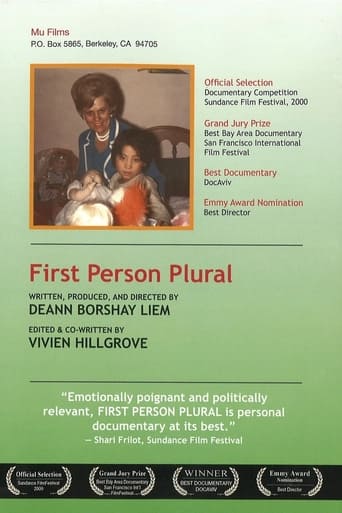
18 Dec 2000

In 1966, Deann Borshay Liem was adopted by an American family and sent from Korea to her new home in California. There, the memory of her birth family was nearly obliterated, until recurring dreams led her to investigate her own past, and she discovered that her Korean mother was very much alive. Bravely uniting her biological and adoptive families, Borshay Liem embarks on a heartfelt journey in this acclaimed film that first premiered on POV in 2000. First Person Plural is a poignant essay on family, loss and the reconciling of two identities.
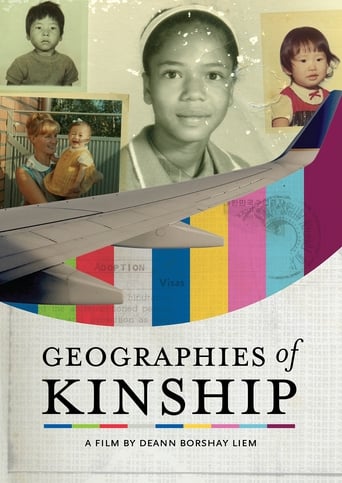
10 Nov 2019

In this powerful tale about the rise of Korea’s global adoption program, four adult adoptees return to their country of birth and reconnect with their roots, mapping the geographies of kinship that bind them to a homeland they never knew.
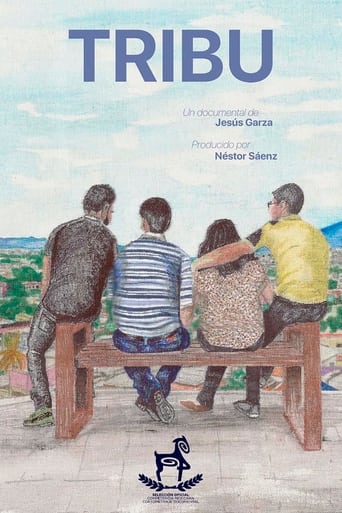
01 Sep 2022

Ruben and Gio have been recently adopted by Evelyn and Memo. The four of them try to create a home where the past, the bad and good stories, and the dreams in common for the future blend all together.